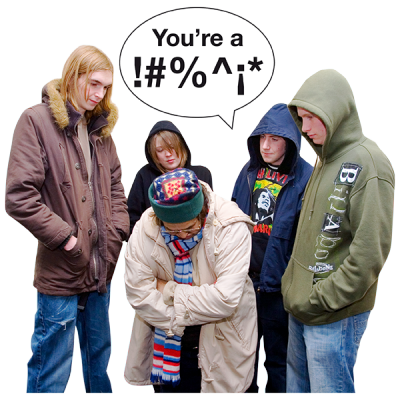
Disabled LGBTQ people continue to be affected by hate crime. Following its participation in the National LGBT Hate Crime Project in 2015-16, Regard hopes to build on this work in partnership with Stonewall and the new LGBT Hate Crime Network.
A hate crime is any criminal offence or incident which the victim believes is motivated by prejudice against their actual or perceived disability, sexual orientation, gender (including transgender identity), race, religion or ethnicity. Disabled LGBTQ people belong to more than one of these ‘protected characteristics’ and so are at risk from overlapping forms of prejudice – homophobic and/or transphobic, disablist, racist, islamophobic etc. This can lead to individuals facing escalated levels of hate crime and experiencing added barriers to getting help.
“Our experience as LGBT disabled people is that we do report it, but it generally isn’t even recorded as an incident, let alone a crime, let alone a hate crime – however serious the report is. There is also pressure only to ascribe it to one thing if a crime is recorded, so that it might be recorded either as disability hate crime or homophobia but not both, which skews all of the statistics and obscures the problem.” Regard member, 2015.
Remember – hate crime can include verbal abuse, online abuse, harassment or violence from strangers, neighbours, or people you know well.
Remember – you don’t need to know if what you experienced was a crime to report it. Even if the abuse you faced was not a crime, you can get it recoded by the police as a non-criminal hate incident. That can help the police to map problems and may prevent the situation getting worse.
Remember – when you report a hate crime or incident, you are entitled to have it recorded within several different hate crime categories if that is how you see what happened.





COMMENTS